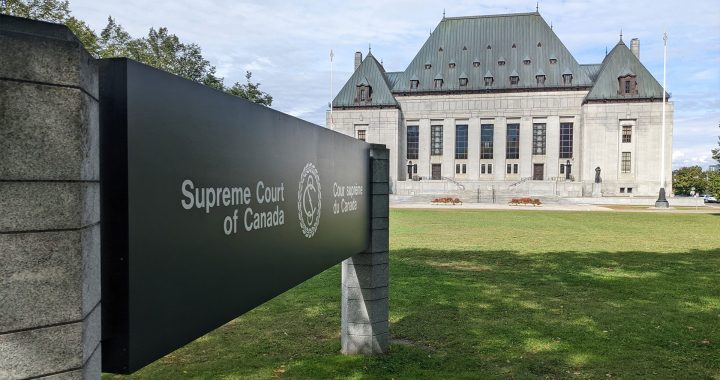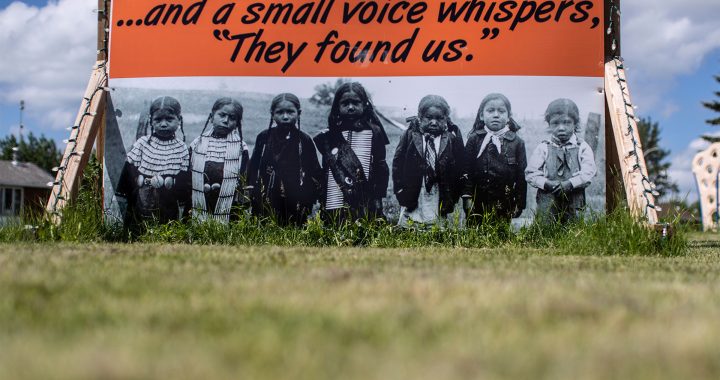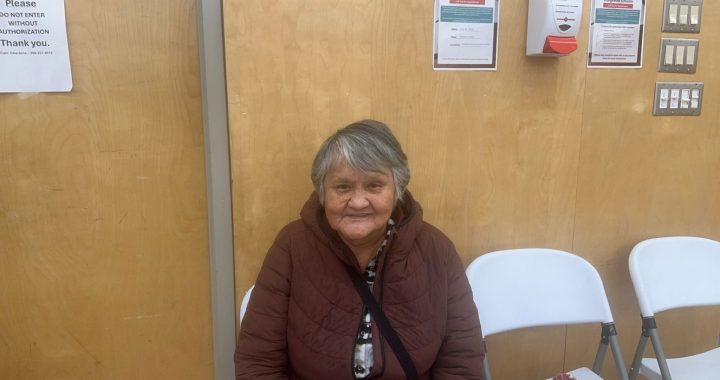What is Orange Shirt Day?
Orange Shirt Day was created in 2013 and designed to educate people and promote awareness in Canada about the Indian residential school system and the impact it has had on Indigenous communities for more than a century. It’s an opportunity to create meaningful discussion about the effects of Residential Schools and the legacy they have left behind.
How did Orange Shirt Day originate?
Orange Shirt Day is a legacy of the St. Joseph Mission Residential School (1891-1981) Commemoration Project and Reunion events that took place in Williams Lake, B.C. in May 2013. The events were designed to commemorate the residential school experience and honour the healing journey of the survivors and their families and to commit to the ongoing process of reconciliation.
Why the colour orange?
Former student Phyllis Webstad was a spokesperson for the Reunion group and told her story of her first day at residential school when her shiny new orange shirt, bought by her grandmother, was taken from her as a six-year old girl. The colour has been used since then.
Why September 30 to mark Orange Shirt Day?
The date was chosen because it’s the time of year in which children were taken from their homes to residential schools. It’s also an opportunity to set the stage for anti-racism and anti-bullying policies for the coming school year.
What is the orange shirt day society?
The Orange Shirt Day Society was formed in Williams Lake by the founders of Orange Shirt Day to support reconciliation events and activities. Their goal is to create awareness of the individual, family and community inter-generational impacts of Indian Residential Schools through Orange Shirt Day activities.
Government recognition.
The Assembly of First Nations Chiefs in Council passed a resolution declaring Orange Shirt Day a first step in reconciliation, several provincial governments have proclaimed Orange Shirt Day and in March of 2019, the Government of Canada passed a bill designating September 30 National Truth and Reconciliation Day. That bill died in the Senate. However, a new bill, C-5 has been tabled which would be in response to Call-to-Action No. 80 from the Truth and Reconciliation Commission which called for a statutory holiday that would honour survivors, their families, and ensure that public commemoration of the history and legacy of residential schools remains a vital component of the reconciliation process.









